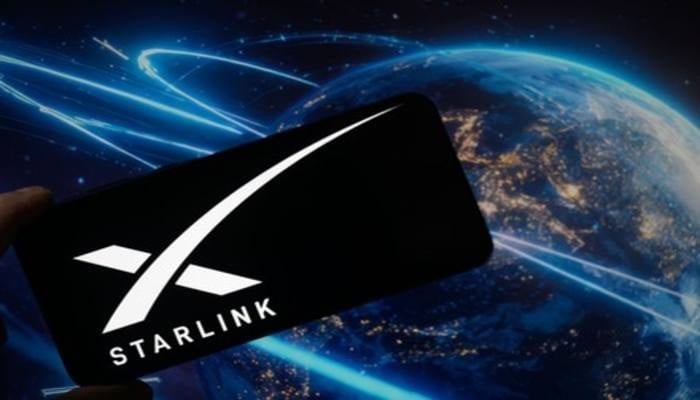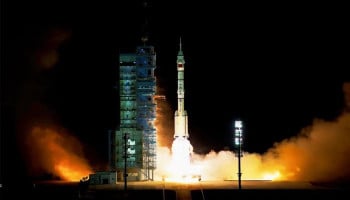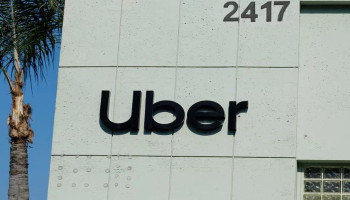
An undated image. — Shutterstock
Major global satellite operators are preparing to enter Pakistan’s market but remain stalled as they await clear regulations and formal permission to begin operations.
This includes industry giants like Starlink, Amazon Kuiper, and OneWeb, together with China-based Shanghai Spacecom and Galaxy Space, which are ready to provide high-speed broadband and communication services all over the country.
The companies operate Low Earth Orbit (LEO) satellite constellations now active in over 70 countries, providing advanced connectivity, with key benefits to remote and underserved areas.
However, the situation in Pakistan is still far behind. Despite keen interest from international players, the companies are unable to start services because of pending approvals with the Pakistan Space Activities Regulatory Board (PSARB).
Reportedly, these operators have been ready for deployment for almost two years but cannot proceed without formal clearance.
Representatives of the satellite companies have refused to comment publicly but privately acknowledged that the only issue is permission from regulators.
The delay has much deeper implications. Without LEO satellite networks, Pakistan continues to face impediments to these critical sectors.
For instance, the IT industry is unable to provide high-speed resilient infrastructure necessary for scaling up. Maritime operations are stymied with spotty connectivity, particularly in deep-sea areas.
Moreover, the disaster response and recovery operations, which rely heavily on robust and reliable communication systems, also remain affected.
For now, some of the world’s most advanced satellite operators remain on standby, waiting for PSARB to unlock access and enable Pakistan to tap into next-generation global connectivity.
















